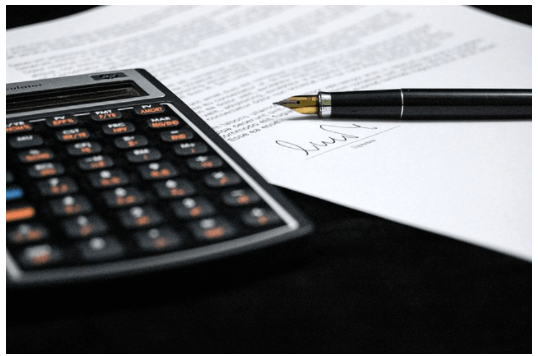When selling a business, the owner is certain to be concerned with getting a good price, having the legalities and paperwork go smoothly, and selecting a buyer that will maintain the reputation and vision of the company. But, how does a business determine its selling price? Although it may seem that it would all come down to profitability versus cost, there are actually several factors that can determine the price of a business.

A potential seller should hire a consultant who can get them the clearest possible terms on a sales contract. A business should make a sales presentation that is honest, while accentuating the positive. The seller must be prepared to answer many questions and have documentation to back up those answers.
1. Terms
Clear terms on a contract are imperative for any financial transaction, but they are especially important when selling a business. Knowing exactly how the change of hands will affect employers and customers is as important as knowing how it will affect the buyer and seller. A good contract will leave little room for ambiguity and take precautions for any situation that may arise.
The Amount of Down Payment
Most companies will put ten to twenty percent down when purchasing a small business. A bank will look at the tangible assets of both the business and the purchaser. Factors such as the buyer’s credit history and the assets of the company they are trying to buy will affect the amount of the loan and subsequently the amount of the down payment.
An individual looking to sell their business may want to do a bit of research about the buyer’s financial history. It is also important to set a realistic price for a business that is based on profitability and not potential.
Financing
A business loan is different from other types of loans in that both business and purchaser must meet certain criteria. It never hurts to know a potential buyer’s options. When an individual buys a small business, they will often get an SBA loan which allows for slow repayments and low interest rates.
This type of loan is hard to qualify for and takes a while to obtain. If they know wealthy people, they can go through a friends and family loan. Some businesses use seller financing, but that can be very risky.
Tax Laws
An owner may want to bone up on local tax laws before selling a business. Any sale should benefit both the seller and the buyer.
2. Presentation
Profit History
When presenting a business to a potential buyer, a seller will want to make sure to have solid evidence of the business’ profitability..
Assets and Liabilities of the Business
A presenter must make sure to be perfectly honest when presenting the assets and liabilities of a company. It is fine to put a positive spin on things, but lies are easily exposed and a person’s reputation may be damaged.
Business Valuation in New Jersey
Every business has a Tevo score, which is like a credit score. It determines how much your business is worth and what kind of potential it has to make or lose money. It is important to know the score when selling a business
3. Multiple Offers
Things can get confusing when a business has more than one offer. It is important to determine for what type of loan each buyer qualifies and how likely they are to fulfill the terms of that loan.
Hidden Cost of Selling a Business
There
If you are in New Jersey, make sure to get a business broker in New Jersey. Such as Neumann and Associates. They can also help
